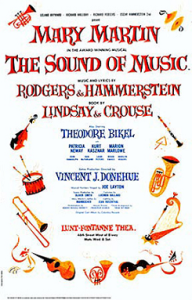Happiness acheived by minimalism, not money
Money can in fact buy you happiness. It just depends on what and whom you are spending it on.
It is proven that people become happier after buying something for someone else, buying experiences (like vacations), and buying items that match one’s personality.
Otherwise, if someone spends lots of their money on themselves and their wants instead of needs, they will have a higher chance of becoming self-centered, having socialization problems, and even have difficulty managing large sums of money.
And if you or someone you know is at risk of contracting some sort of extrinsic motivation problem of always wanting higher status, more money, or a better self image, (with the help of money of course), I’d suggest focusing on learning yourself and understanding your values and potential.
And minimalism seems to be the best way of figuring all that out.
In general, minimalism is the process of developing more freedom by limiting the amount of needless possessions you retain, most frequently in order to become more satisfied.
In other words, it’s not always acting on self-interest and instead knowing what you need to maintain a healthy life.
The first step is to pace yourself and limit the amount of things you have.
This means you should only buy the necessities and get rid of all the unnecessary things that have little to no meaning in your life.
This way, you are saving money, becoming less stressed, and even creating a maintained and organized life.
Second, you must become aware of what you love most in life and understand that you should love what you do, instead of do what you love.
Because when you love what you do, it tends to create a happier, more pleasant human and creates a better atmosphere.
And, in theory, lessens the amount of material items you could possibly get attached to and think you need.
And third, appreciate the small things and be grateful of all you have and all of the opportunities that are out there for you.
By attempting all of these goals, you start to develop the most beneficial and healthy outlook on your best qualities and help fully understand the nature of being.
But aside from all of these steps, this is the main objective to take away: To become happy, you must surround yourself with good company, have a positive outlook on life, and depend on quality not quantity.
So next time you greet someone, ask, “how you living?” instead of, “how you doing” to really put into contrast the different types of lifestyles people have put upon themselves, and how you can build to make a greater and more peaceful life on your own.

Stephanie is a senior at BPHS and took journalism for her fourth year because she likes to have her opinions and ideas shared. She wants everyone to read...










